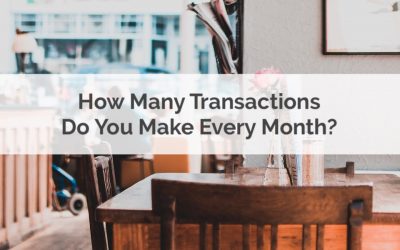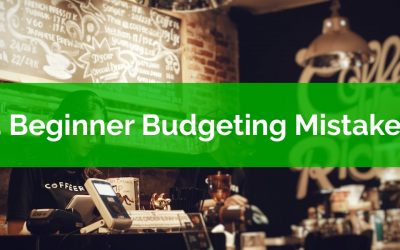Thank you for joining the waitlist!
You’re on the list for early access!
We will contact you via email when we’re ready for you to start your self-directed financial plan. In the mean time here is a quick preview…
Check out our latest blog posts…
Six Easy Ways To Track Your Spending
Tracking your spending is a foundational personal finance habit. It creates a solid base from which you can improve other parts of your personal finances. Without that strong based you’ll find that money always seems to disappear between the cracks. This makes it very hard to get ahead. Every month you’ll find yourself wondering where all the money goes.
Building a solid financial base of financial habits is the only way to improve your finances.
Tracking your spending isn’t sexy, but it’s super important. Like any tall building this is part of the foundation that sits below the surface, unloved and unappreciated, while the beautiful architecture above the surface gets all the attention and praise. The foundation is always there, carrying the weight of the building, keeping it from collapse.
Tracking your spending can be easy, and it can even be fun, you just need to find the right method for you.
Tracking your spending has a big impact. Once you know where your money goes you can decide if it aligns with your values and goals. When you start tracking your spending you’ll almost certainly find some waste. There is always some wasted spending that doesn’t align with your values and goals. But, it’s hard to see it until you see your spending summarized over a few weeks or months.
Tracking your spending lets you change your spending habits slowly over time. You can focus on one budget category for a few months and slowly see the impact of the changes your making. Without tracking your spending it’s hard to see if your efforts are having an impact.
In this post I’ll share six ways to track your spending. Try them out. Find the one that works for you.
It’s Not Just How Much You Spend, It’s How Many Transactions You Make
Lots of us track our spending. Tracking your spending is one of those foundational personal finance habits. It’s not something that comes naturally. This is a habit that requires work. Sure… you can reach your financial goals without tracking your spending, but it makes it harder, and why would you make things harder?
Tracking your spending doesn’t have to be difficult. At PlanEasy.ca all of our clients, including myself, use a simple online form to track our spending. Make a purchase, pull up the form, enter the amount and the category and hit submit. Easy.
All that data gets put in a neat little summary. It shows you the typical things like spending month-to-date, spend vs budget, total spend, etc.
But one of the neat things we included in our summary is how many transactions you make. How many transactions you’ve made over the last 30 days. The average number of transactions per day. How many “no spend” days you’ve had and your longest “no spend” streak.
I’m a firm believer that a lot of our spending is driven out of habit. You walk by a certain store, coffee shop, restaurant and out of habit you go in and you buy something.
Spending habits are easy to form. There is a clear “cue, routine, reward” cycle. The cues are everywhere in the form of advertising, marketing, sales, promotions, etc. The routine is simple, pull out your credit card and buy something. The reward is that immediate satisfaction you get from your purchase. It’s addictive.
Spending habits are hard to break. The way to break them is not by tracking how much money you spend, it’s by tracking how many times you spend money. It’s by tracking how many transactions you make each month, week, or day.
The more transactions you make, the more you reinforce your spending habits, and the harder they are to break.
Instead of focusing on how much you spend, try focusing on the number of transactions you make. Try to go for “no spend” streaks of 2, 3, 4, 5+ days in a row, or try going cold turkey and do a no spend month!
As you start to reduce the number of transactions you’ll also start to break those spending habits and you’re definitely going to be spending less each month.
4 Beginner Budgeting Mistakes
No one was born budgeting. It’s not an innate skill we possess. Babies don’t instinctively learn how to walk, talk and budget. There aren’t any kids’ shows about budgeting. In high school we don’t learn how to budget. Maybe you had a part time job, but I’m guessing you didn’t budget.
I’m willing to bet that for most of us our first experience with a budget was when we were already adults.
We all need to start budgeting at some point and when we do, we all make mistakes. Budgeting isn’t easy. It takes skill and practice to be a good budgeter. It might take a few attempts to figure out a good budget for your unique situation.
Remember, no one was born a budgeter, it’s a skill you need to work on. But there are definitely a few beginner budgeting mistakes that you can try to avoid.



